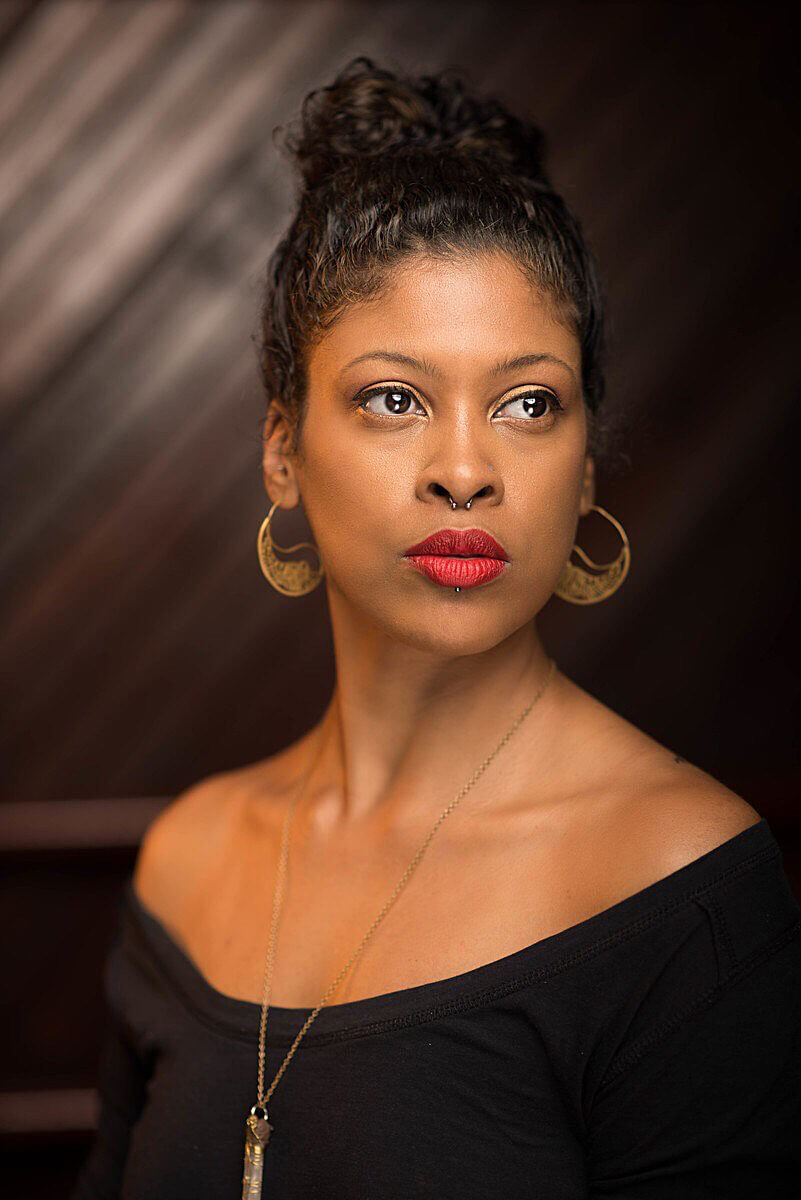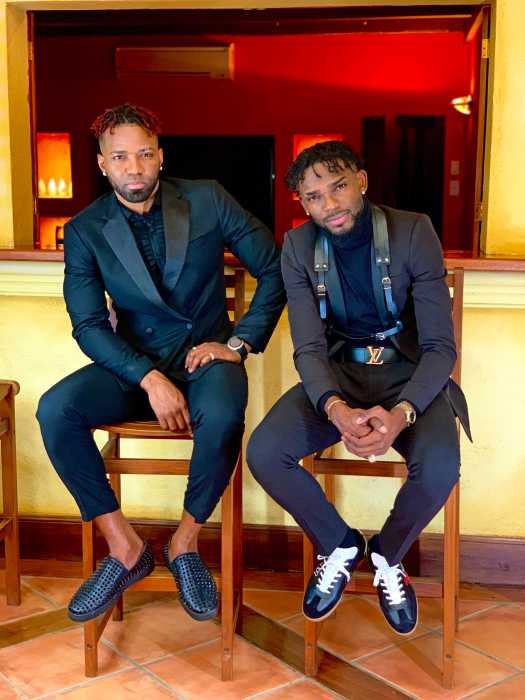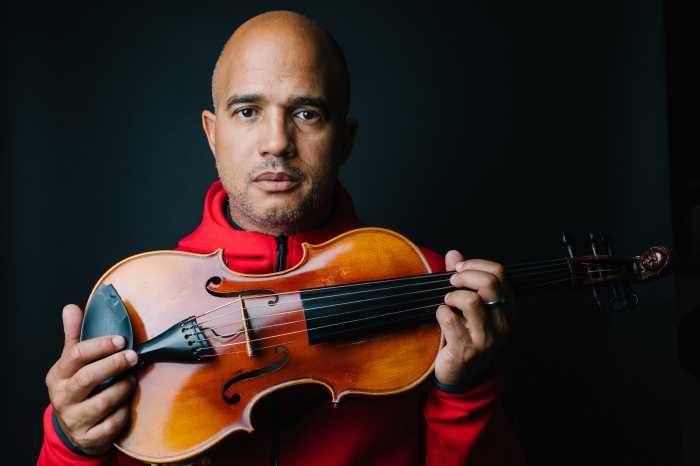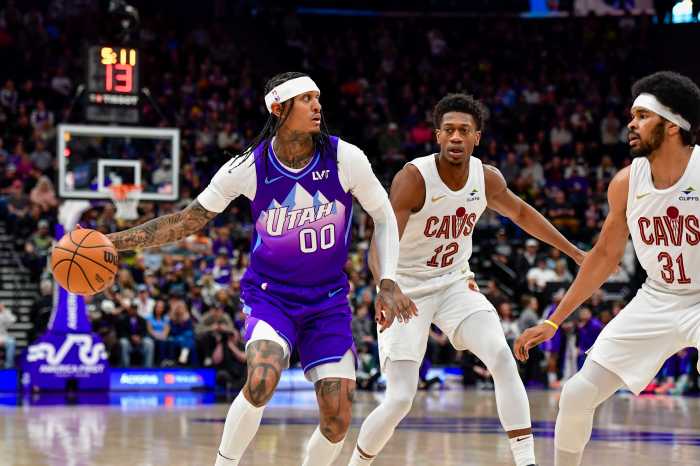The past few months has been a challenging period for all industries. As a consequence of the current global pandemic, artists and those in the creative industries have sought to tap into their inner creative spirit as a means of coping and getting through this crisis. Throughout the Caribbean, the resilience and adaptability of many artists have been put to the test in an effort to ensure their very survival.
Arielle John, Trinbagonian writer, arts educator and healer, whose work is centered in community and youth outreach, often applies poetry and performance to transformative justice initiatives throughout the Caribbean and its Diaspora. When asked how the current pandemic has impacted her work, she pointed out that what she has been able to do is be more reflective rather than creating new work about the present.
While she or no loved ones have been directly impacted by COVID-19, John believes this period has provided a necessary pause for her and for many creatives. “We are tapping into so much abundance, so much connectivity, and so many opportunities for silence and ‘staying home’ for a bit. All this empty space then moves to fill us with everything that we need. It now has room to realize itself. I’ve managed to adapt relatively well to these times and felt as though some of my most important work so far has emerged during this period,” the Trinbagonian writer stressed.
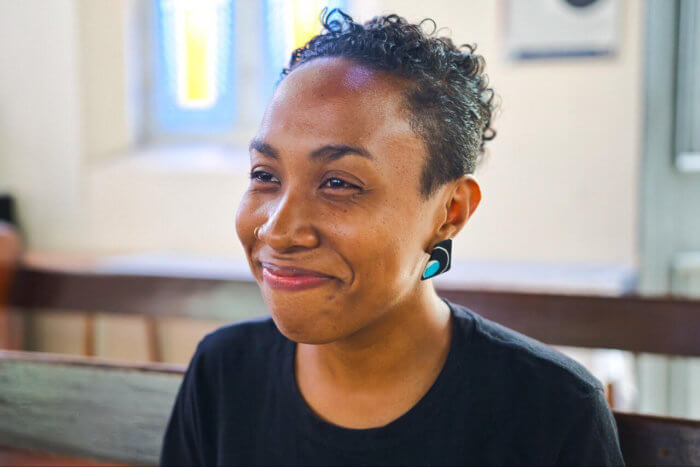
Among the biggest challenge facing artists and those in the creative industry who are independents and rely heavily on the gig economy, is the financial fallout. With performances and travel being halted, and a range of projects postponed or cancelled, this has no doubt forced many to adapt and focus their creative energies into the online space, finding ways that the art can be used in the service of each other and the communities formed. And that creativity and collaborative spirit has enabled Michael Sean Harris, an electronic musician, vocalist & educator, based in Jamaica to cope during this period.
He cites among his recent accomplishments the composing of a folk-fusion piece for a collaboration with Shelley Maxwell, a Jamaican-born choreographer residing in London along with a host of international dancers for International Dance Day. “I’ve composed music for a guided meditation by a minister in the Universal Foundation for Better Living organization and I’ve since been asked to compose a theme for an independent movie being made in Barbados. I also produce a weekly podcast (Mike’s Moment Of…) and connecting with the guests as well as editing and production has kept me very engaged,” Harris noted.
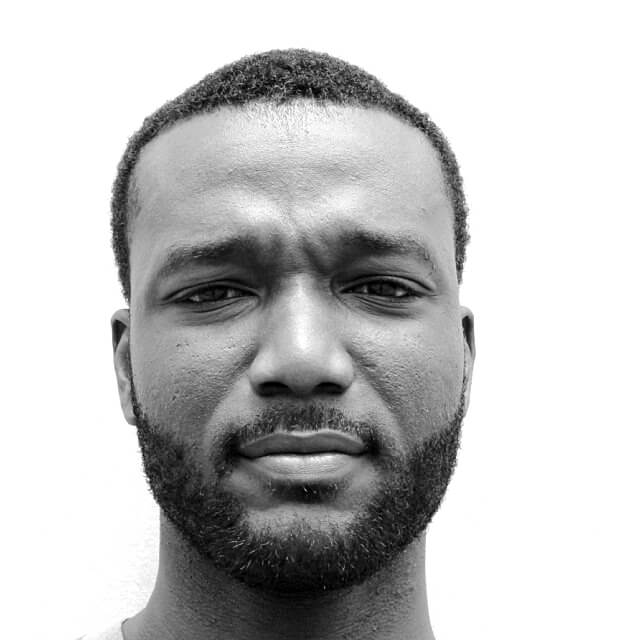
Trinidad & Tobago Photographer Jason Hunte argues that while the pandemic has brought all work to a halt, he has taken the decision to use this time to improve spiritually, mentally, physically and creatively. “I have been eating a lot better, reading more and just rediscovering what it means to be present. Although it has affected me financially, so far, whatever I have needed has found its way to me. Initially, it wasn’t easy to adjust but there has been slow and steady progress with each day since the country was locked down in early March,” Hunte points out.
Founding director of eNKompan.E™ Dance Neila Ebanks is a moving mind who choreographs, dances, makes performance, educates and writes. As a mover and maker, while losing access to regular studio space for training and creation, she has adapted and is now improvising with easily accessible spaces, living room, backyard.
“A big aspect of the work I generally make is site-specificity, and so I welcome these opportunities to both stage movement in alternative spaces and to also see what these spaces want to say, through movement, how I can personify and embody them. I have also been able to test my audiovisual and film-based dance experiments on social media, through eNKompan.E™’s IG and Facebook pages, to investigate reach and impact by producing and posting short dance films inspired by my thoughts about the pandemic (‘DEM. INNA. PANIC.’; ‘…5 Minutes More..’ and ‘Touch. An Elegy,'” Ebanks stated.
International Consultant Clinical Behavioural Specialist-Psychologist Dr. Coretta Brown-Johnson offers several recommendations for coping during this crisis, which can also apply to creatives. She suggests finding a way to stay connected and sane through routine and ‘rhythm’, either by a simple meaningful schedule daily or by the flow of each thing and activity.
“Artistes should still find ways of expression as the creative process is always alive and easily accessible; paint if you can, dance/move anywhere…even walk…, practice dramatic expression in diverse ways, sing…vibe emote/play/practice as that never gets old and is not on quarantine,” Dr. Brown-Johnson emphasized.
The renowned Jamaican-based Clinical Behavioural Specialist-Psychologist believes it is imperative to maintain good mental health in these uncertain times. She says it’s also an opportunity for introspection, and to get to know who you are. Dr. Brown-Johnson contends that the arts is a powerful facilitator of this desired musing. “How you cope is entirely up to you, do it daily step by step, by the time you quantify time has elapsed and you will realize that you are still here; so embrace the opportunity to evolve through routine and rhythm; literally and figuratively,” she stressed.


